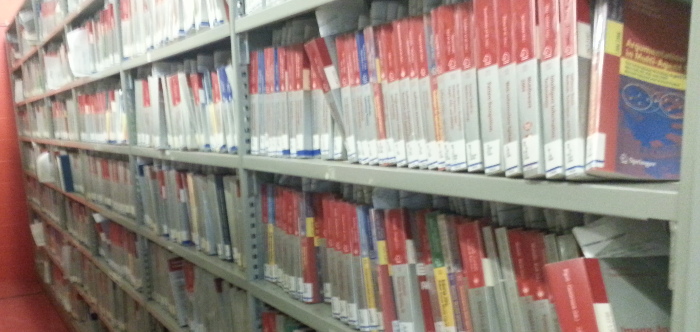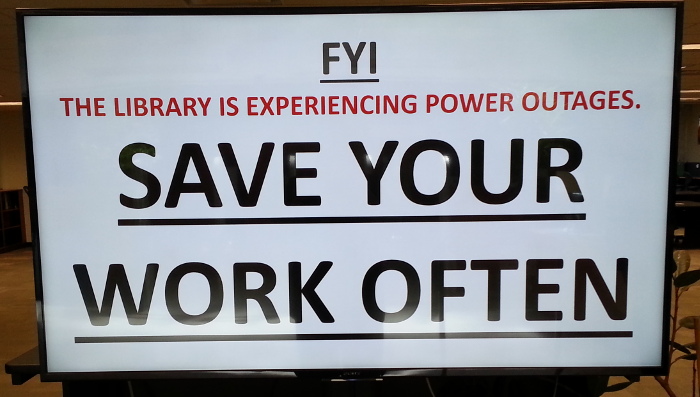Recently Toronto librarians Jane Schmidt and Jordan Hale published Little Free Libraries®: Interrogating the Impact of the Branded Book Exchange in the Journal of Radical Librarianship.
CityLab (a Buzzfeedy site by The Atlantic) picked it up first in Against Little Free Libraries and said:
In a recent article for the Journal of Radical Librarianship—this is a real publication, launched in 2014 by the Radical Librarians Collective, now three peer-reviewed volumes in—she and another Canadian library scholar outline the case against Little Free Libraries, diving deep into mapping data, network effects, and recent library history to make their stand.
Today the Toronto Star wrote about it in Toronto’s Radical Librarians Critique Little Free Library:
In a study published in the Journal of Radical Librarianship, which is real, Ryerson librarian Jane Schmidt and University of Toronto reference specialist Jordan Hale argue that the neighbourhood mini-libraries don’t live up to their stated goals.
“This is a real publication.” “Which is real.”
Damn straight librarians get radical.

This smug condescension is very disappointing, especially coming from the Star, which has pretensions to socially progressive attitudes. There are radical librarians. There have been all through the last hundred and fifty years or so, since libraries began to take the form they have now. I’m not going to try to assemble a list or a bibliography, but librarians (and our friends the archivists) have been standing up to bullshit and repressive politics for a long time. At root, I think, is a common belief: “There’s this material the government doesn’t want you to see, but we saved a copy, and you’re free to look at it. Anonymously, at no charge. I’ll be sitting over there, and when you want to know how to cite it, or wonder why this is happening in a supposedly free society, please come on over.”
Librarians and archivists don’t sneer at the idea of “radical journalism.” We know it exists. We collect it and preserve it. Give us the same respect, journalists. No more smug attitudes smearing an entire profession based on a vague outdated memory you have from childhood. That nice librarian in your high school probably thought the same thing we do now: that everyone should have free access to the entirety of human artistic, cultural and scientific output.

Carol Off interviewed Jane for As It Happens on CBC Radio and didn’t fall prey to the smugness. They get into something I wrote about in January: how bad Little Free Libraries usually are.
CO: People have pointed out in some of the reaction to your piece that if you go and open those little houses and look inside it’s quite often quite a pathetic collection. It doesn’t seem to be a real genuine threat to what libraries are providing.
JS: Exactly, right. I think that’s kind of the other thing. We didn’t want to pick on that too much.
CO: Oh, you can.
JS: It is what it is. But, again, if you get back to what we were really trying to focus on with the Little Free Libraries corporation — like the non-profit — they speak very highly of what they’re doing and the impact that they’re having on the community, but … I was like, “Have you looked inside one of them lately?”
Finally, for Jane’s response to all the heat she’s been taking (on social media, I guess, which I don’t read any more), see Oh hello there, LFL® supporters.
You can disagree with us. That’s okay. But similarly, we can disagree with you too. That’s also okay.
Damn straight.
 Miskatonic University Press
Miskatonic University Press